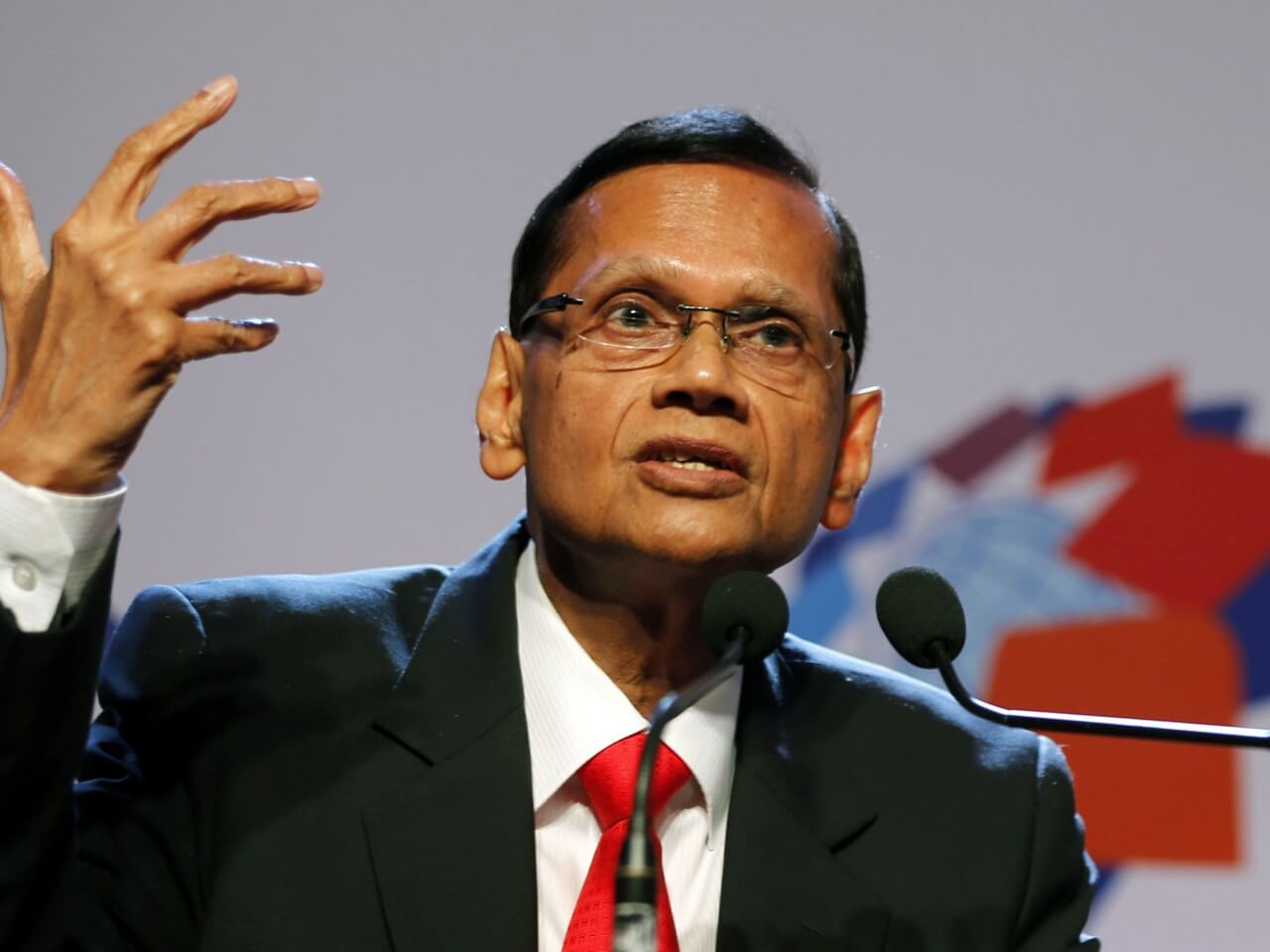The Sri Lankan Ministry of Foreign Affairs released a statement defending a proposed amendment to its 43-year-old anti-terror law that has been criticised for granting far-reaching powers to security forces to arrest and detain individuals without trial. After the amendment was made public, several advocacy groups raised concerns that the law was insufficient and would not deter abuses.
The Prevention of Terrorism Act (PTA) was introduced in 1979 by erstwhile President J.R. Jayawardene to push down rising dissent by the Tamil-speaking community against his government’s discriminatory policies. It is a much-condemned law that allows security forces in Sri Lanka to arrest and imprison individuals without trial. Human rights advocates and organisations in the island-nation have often spoken out about the PTA’s use to specifically curb dissent and attack minorities, including the Tamil-speaking and Muslim communities.
In the past three years, over 600 arrests have been made against the PTA. Furthermore, estimates suggest that under this legislation, at least 78 prisoners from the minority Tamil community have been detained without charges, with some of them having been incarcerated for over three decades.
The law was also used to arrest human rights lawyer Hejaaz Hizbullah who had been detained in April 2020 in connection with the 2019 Easter Bombings that resulted in the death of over 250. However, amid pressure from international bodies such as Amnesty International and the European Union, a court ordered his release over lack of credible evidence. Nevertheless, hundreds continue to remain detained under the PTA.
As reports emerged highlighting the misuse of the PTA, the international community began pressuring the Sri Lankan government to reform the law. For instance, Human Rights Watch in its World Report 2022 expressed concern about the counterterrorism laws in Sri Lanka for its failure to meet the international standards of human rights and freedoms.
Furthermore, the European Union passed a resolution to intensify its pressure on the Sri Lankan government to change the law to provide more checks and balances to avoid its misuse in June 2021. Consequently, the bloc threatened to suspend Sri Lanka’s favourable trade status if it did not work towards improving the human rights situation in the country. Hence, Sri Lankan President Gotabaya Rajapaksa vowed to take “immediate steps” to reform the country’s anti-terror laws in October 2021.
Thereafter, in January 2022, the Sri Lankan government presented an amendment to the PTA that reduces the period of detention under the law. It also allows individuals to seek bail after being detained for 12 months. The law allows Magistrates to visit detention centres to address allegations of torture and repeals provisions that prohibited publications.
However, the changes suggested to the law have been lambasted for being insufficient. The International Commission of Jurists said that the reforms were “woefully inadequate,” pointing out that the changes continue to allow “persons to be deprived of liberty for an entire year without being given the opportunity to be heard before a court of law.”
The Government of #SriLanka is once again scrambling to do its bare minimum ahead of another @UN_HRC session, in an attempt to deflect focus away from its failing human rights record. https://t.co/sPHVxAIa2B
— icj (@ICJ_org) February 1, 2022
Furthermore, the Daily FT published a statement by 70 civil society members and 32 organisations underlining the use of the law against Tamil-speaking and Muslim communities. To begin with, the statement stressed the ambiguity surrounding the term “terrorist,” which remains undefined in the amended law. Furthermore, they also stressed the continuation of administration detentions and the use of confessions made before police forces, despite damning evidence of the use of torture to extract confessions.
They explained that the amendment was largely “cosmetic” and does not “substantively or meaningfully change the status quo.” Therefore, they called for the complete repeal of the PTA and further pushed for transparency in any future legislation on the issue.
In response to these criticisms, the Sri Lankan Foreign Ministry said that the amendment provides violators of the country’s counter-terrorism laws “tangible protection towards securing, advancing and protecting their fundamental rights guaranteed under the Constitution.” The statement said that the decision to amend the law was made after “extensive consultations” with different ministries and agencies. They celebrated the amendment as a “progressive step in advancing, securing and protecting the rights of persons subject to investigation and judicial review under the said law” and steps up Sri Lanka’s commitments to international norms and standards.
There has been rising concern about the human rights situation in Sri Lanka since Rajapaksa assumed power in 2019. The brutal civil war, which was fought for 25 years from 1983 to 2009 between the Sri Lankan government and Tamil separatist groups, resulted in the death of more than 100,000 civilians. Human rights organizations have accused the Sri Lankan military of committing crimes against humanity, including indiscriminate shelling, forced disappearances, denial of aid and sexual violence. However, the Sri Lankan government has repeatedly denied these charges.

